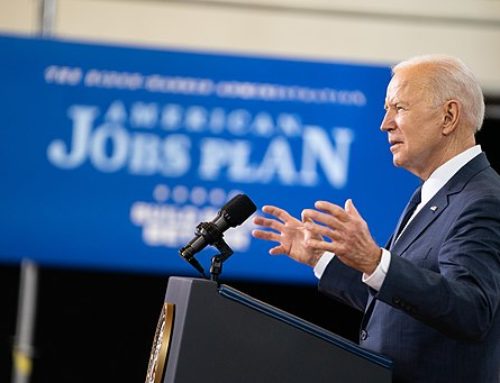In brief, I found Judge Scalia’s speech disappointing on several fronts.
First of all, his comments regarding homosexuals were most inappropriate. On several occasions, Scalia coupled homosexuals conduct and sodomy. While fun, many sexual acts do not meet the standards of our Puritan ancestors.
Secondly, Scalia’s major pitch was that he was an “originalist.” He stated that “all we had to do was to go back to the Constitution, read the words, and we could make correct judicial decisions.” Scalia’s claim of transparency for the Constitution is historically incorrect. The three major supporters for the Constitution during its passage were John Jay, Alexander Hamilton, and James Madison. By 1796, Jay and Hamilton had founded the Federalist Party, and James Madison founded the Democratic Party because of their deep philosophic divisions over the powers granted the Federal government in the constitution.
Thirdly, Scalia spoke glowingly of “states’ rights.” Scalia broadly endorsed that we should look primarily at the states to protect our rights. Scalia failed to mention that when the Constitution was written, our nation was almost completely agricultural and pre-industrial. Moreover, almost all Americans never traveled more than 100 miles in their lifetime. The strength of America is that most of us can travel and live in many states of our union, and hope to be protected by national laws, providing uniformity to our living experience. States’ rights, taken too far, is antithetical to a modern state of 300 million people who require services of the nation.
Fourthly, Scalia was negative toward the Warren Court, but failed to mention that our greatest supreme court justice, John Marshall, expanded greatly the powers of the Federal government, far beyond what Democrats such as Thomas Jefferson and James Madison believed was prudent. Marshall created such precedents as the right of the Supreme Court to rule actions of Congress or the states as unconstitutional. He upheld the United States Bank on the basis of implied powers.
Fifth, Scalia said that the only appropriate way to change the law was either through the democratic process or constitutional amendments. Scalia failed to acknowledge that when Brown V. Board of Education was decided that citizens of at least 17 states would have opposed integration. In Loving v. Virginia, the Supreme Court ruled unconstitutional laws that prohibited interracial marriage. At the time 75% of Americans opposed interracial marriage. Today, 94% of Americans support interracial marriage. Stated differently, belief systems change because of legal rulings.
Sixth, Scalia supports that corporations can spend any amount on elections under “freedom of speech.” He failed to point out that the power of a corporation to be treated as an “individual” stemmed from reactionary Supreme Court rulings following the Civil War that supported corporations to make contracts, but failed to support African Americans – the sole purpose of the 13th, 14th, and 15th amendments.
In conclusion, Ringling College Library Association did a disservice bringing Scalia in as a speaker, without a liberal alternative voice.



